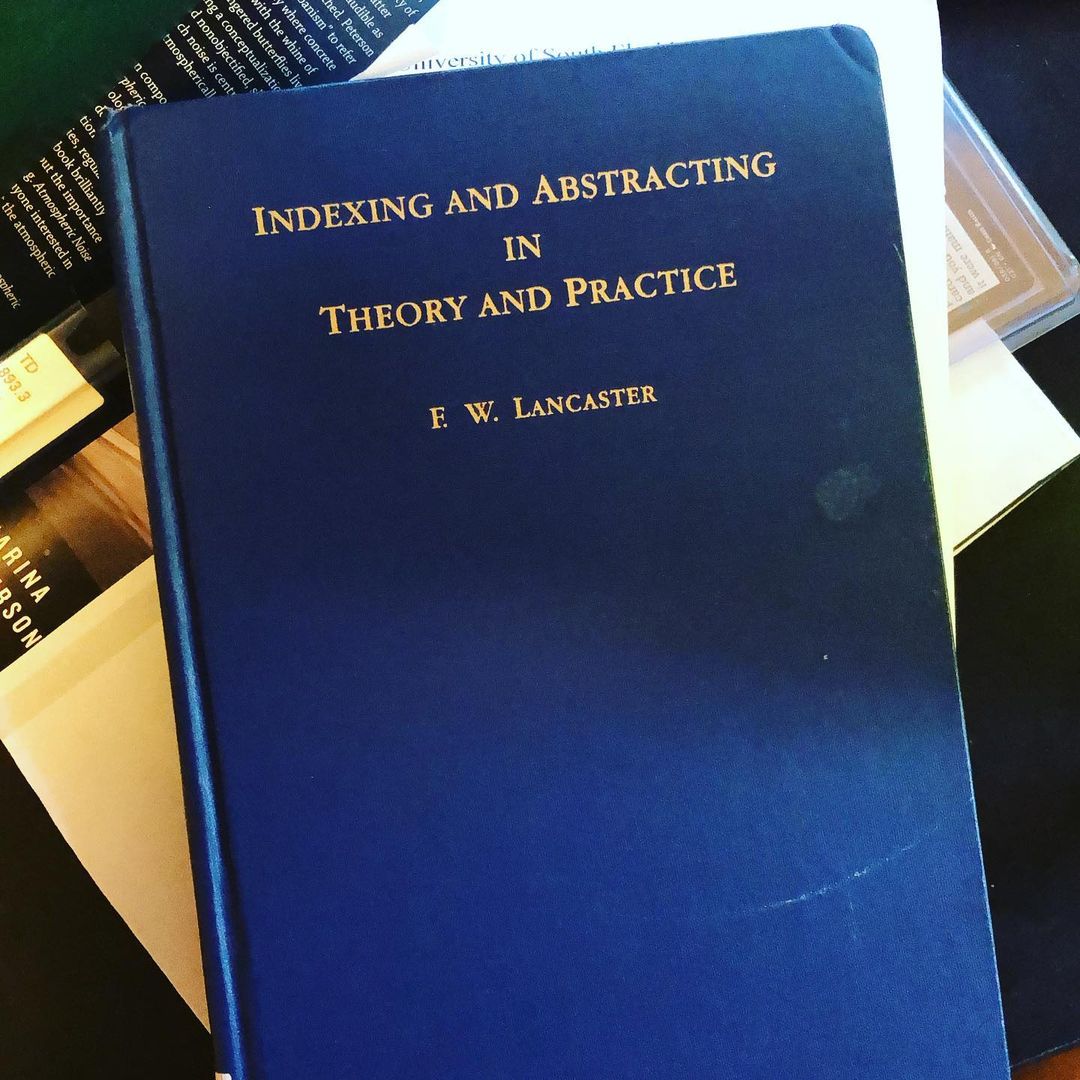I posted this picture on Instagram as a joke, saying that I’m excited about working with book as soon as this semester has ended. One of the things I realized I didn’t do very well in “Architects of Memory” was to highlight key technological moments when/where a small number of people “invented” a type ofContinue reading “Information Technologies and Mnemonic Technê”
Category Archives: professional and technical communication
Popular Sources/Authors in Professional and Technical Communication
Professional and Technical Communication is a relatively new field, with a fairly small set of journals that are central to the field. According to studies by Smith and Lowry et al. these are the core PTC journals: The Journal of Business and Technical Communication, IEEE Transactions on Professional Communication, The Journal of Technical Writing andContinue reading “Popular Sources/Authors in Professional and Technical Communication”
